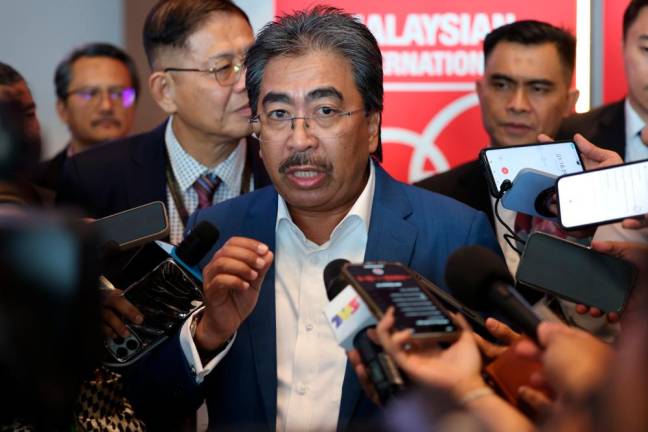THERE is a great concern among human resources practitioners and relevant stakeholders on skills mismatch, skills shortages and on-the-job mismatch that arises when skill distribution differs between the employee and those who get hired.
Skill shortages occur when employers encounter difficulties filling in the vacancies.
On-the-job skills mismatch (over-qualification or under-qualification) refers to a discrepancy between qualification level and the requirement for a particular job.
Malaysian Employers Federation president Datuk Dr Syed Hussain Syed Husman emphasised that students who choose courses unrelated to their job interests contribute to an imbalance, with approximately 300,000 graduates entering the workforce seeking jobs that are often limited and do not correspond to their qualifications.
Ranking a graduate’s employability is now a much-debated topic among human resource circles.
According to the Statistics Department, a total of 5.92 million graduates were recorded in 2022, of which 53.9% were degree holders.
This begs the question of whether various industries could absorb them based on the courses and degrees acquired.
Currently, we are seeing graduates becoming Grab drivers or working in fast-food establishments to sustain themselves financially.
However, the Social Security Organisation noted that 40% of graduates are underemployed in semi-skilled or low-skilled jobs.
The Human Resources Development Fund arm of the Human Resources Ministry must focus on having relevant quality training programmes, in line with greater emphasis on the evolving information technology to maintain a competitive edge.
The government under Budget 2024 had allocated RM500 million for the National Digital Skills Programme, where organisations in the public and private sectors must place greater importance on reskilling and upskilling, to prepare workforce staff and high potential leaders to helm critical departments.
Employers and relevant stakeholders must address the skills mismatch as it could have far-reaching consequences for companies and our economy.
There is a need for employers to upgrade their technical and soft skills, to adapt to high technology and emotionally intelligent work environment skills, with changes taking place to improve productivity, downtime and errors, improve performance and increase competitiveness, and enhance our supply chain efficiency for our goods and services internationally.
Looking ahead to 2024, our economy is poised for a projected growth rate of between 4% and 5%.
In this rapidly evolving economic landscape, there is a heightened demand for innovation and creative culture, research and development, and talent development, driven by the Madani Framework of government initiatives such as the National Energy Transition Roadmap, the New Industrial Master Plan 2030 and the 12th Malaysia Plan.
The rapid progression of artificial intelligence, robotics and digital automation, which is part of the Fourth Industrial Revolution, will be the key driver for our country’s economic plan and growth.
Our government’s greater emphasis on technological advancement will not only boost productivity but also increase per capita income, influence consumption patterns and transform the nature of work.
Now more than ever, the success of public and private organisations depends on the knowledge and capabilities of their employees.
As former US Federal Reserve board chairman Alan Greenspan said, “Employees today must be equipped not simply with technical know-how but also with the ability to create, analyse, and transform information and to interact effectively with others.”










